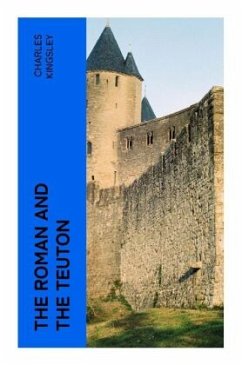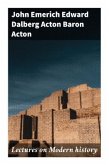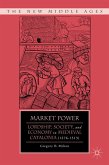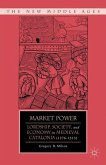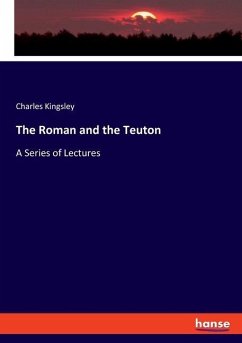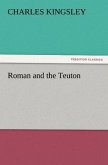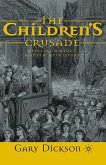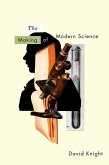In "The Roman and the Teuton," Charles Kingsley offers a compelling exploration of the cultural and historical dichotomy between the Roman Empire and the Germanic tribes. Through a vivid narrative style punctuated by philosophical reflections, Kingsley delves into themes of civilization, morality, and identity, effectively marrying historical facts with personal insights. The book is set against the backdrop of the mid-19th century, a time when British imperialism invigorated discussions about race, culture, and national destiny, which Kingsley reflects upon through his portrayal of the contrasting values of the Romans and the Teutons, ultimately engaging with the broader discourse on European civilization's roots and trajectory. Kingsley, an Anglican cleric and social reformer, was deeply influenced by his commitment to Christianity and his interest in Germanic history and mythology. His experiences travelling through Europe and his exposure to various cultural narratives shapedhis understanding of the complexities of human society. This blend of personal conviction and historical inquiry led Kingsley to critically examine societal progress and the moral imperatives that guide it, as revealed in his writings. "The Roman and the Teuton" is a must-read for anyone interested in the foundations of Western civilization and the enduring tensions between culture and barbarism. Kingsley's vivid prose and insightful perspectives invite readers to reflect on their own cultural identities, making it as relevant today as when it was first published.
Bitte wählen Sie Ihr Anliegen aus.
Rechnungen
Retourenschein anfordern
Bestellstatus
Storno

